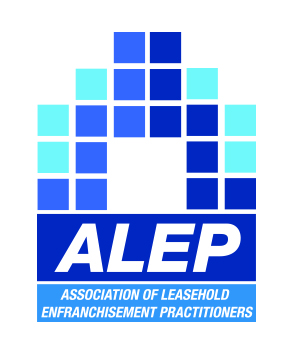A voluntary lease extension, or an informal lease extension as it is sometimes known, is a means of negotiation between leaseholder and landlord (freeholder) to extend the lease on a property, in which there is no set rules: the length of the lease team, ground rent cost and all other costs are all subject to the agreement of the freeholder. This arrangement has the potential to save both parties time and money, but is this simply too good to be true? Lease extension specialist Callie Tuplin poses the question; what is the catch with voluntary lease extensions?
The success of an informal lease extension is very much dependant on having a cooperative landlord. It is worth noting that not all landlords will agree to negotiations into a voluntary lease extension, and in fact they are not obliged to do so. This will mean, if the lease needs extending, you will have to take the statutory route. If they do agree to a voluntary extension, be wary of the landlord’s terms and conditions - they may entice leaseholders not to proceed down the statutory route by offering low premiums for the extension but offer lease extensions with a shorter term and escalating ground rents. In short, landlords may try to persuade leaseholders to proceed with voluntarily lease extensions as they want to retain their ground rent income and also keep the value of their interest in the freehold higher.
To avoid being caught out, Holmes & Hills advise looking at all the terms being offered by a landlord carefully. It may be that they try to change other existing lease terms rather than just the term, ground rent amount and review. This could make the new terms more onerous to you. Don’t be afraid to question anything, either through a solicitor or to the landlord directly. If you are offered a low premium, ask why is the premium low? What is the landlord achieving from this low premium? A voluntary lease extension offer is not always what it seems. Look into it carefully, it may look like an amazing deal but there also has to be something in it for the landlord.
If you feel that negotiating a voluntary lease extension isn’t the best option for you, a statutory lease extension is the way to go. The premium payable and associated costs for a statutory lease extension may be slightly higher than a voluntary lease extension, but the term obtained could be significantly greater and there is the benefit of no ground rent to pay which could equate to better value for money. A statutory lease extension includes the use of a surveyor and solicitor to estimate costs and the draft lease. You are eligible for a statutory lease extension if you have owned the property for 2 or more years.
A voluntary lease extension however can be the best answer if you are trying to sell your property and need the lease extension to complete simultaneously with the sale. The sale proceeds can be utilised to pay the premium; therefore the buyer obtains the extended lease on completion and may have more lenders available to obtain a mortgage with, with better terms as a result of this. This, more often than not, allows for potential buyers to obtain mortgages to buy the property or more lenders offering to lend on the property. This can also be useful if you are purchasing a flat as the seller can obtain the lease extension which will be transferred to you on completion of your purchase.
To avoid voluntary lease extension negotiations which may not be favourable to you, it is important that you always seek specialist advice to see if the lease extension terms you are being offered are good value for money. In addition to this, leaseholders who have a lease term in excess of 80 years should use the lease extension calculator to see if the terms and premium being offered are close to what they could pay for a statutory lease extension, which guarantees an additional 90 years to the existing term at a peppercorn rent.
Contact Holmes & Hills lease extension specialist Callie Tuplin today to discuss extending your lease, whichever route you are taking, on 01206593990 or email cnt@holmes-hills.co.uk.
Disclaimer
The content of this article is provided for general information only. It does not constitute legal or other professional advice. The information given in this article is correct at the date of publication.






A Mackman Group collaboration - market research by Mackman Research | website design by Mackman